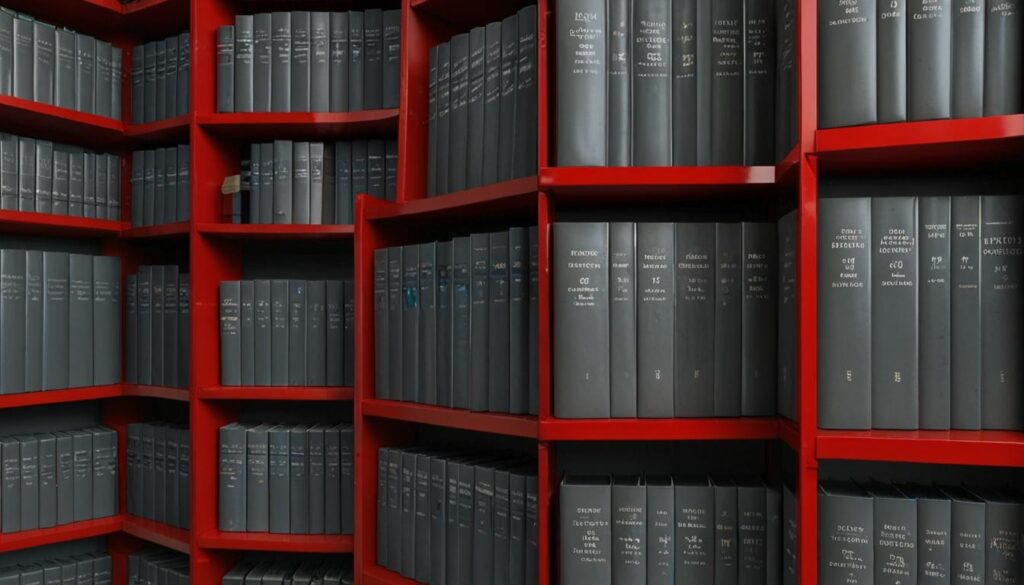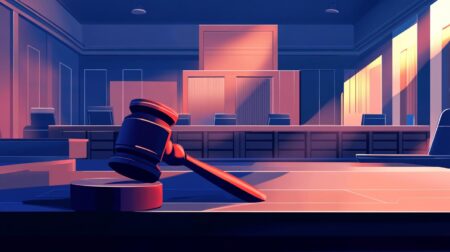The adoption of artificial intelligence tools in the patent field is raising concerns among lawyers who fear it may compromise the protection of new inventions. While enhancing efficiency, AI’s capabilities also come with accuracy worries and potential risks of patent invalidation and inadvertent disclosure of inventive concepts. Despite the evolving roles of patent lawyers, experts foresee a growing demand for legal services in sectors where AI-generated creations are on the rise.
Patent lawyers are expressing concerns that the adoption of artificial intelligence (AI) tools, while enhancing efficiency, may compromise the protection of new inventions. AI is fundamentally altering the role of specialist patent lawyers, traditionally key in introducing innovative products to the market. AI’s automation capabilities are reducing patent attorneys’ workloads by handling patent searches, technical information gathering, and application drafting.
A 2023 survey by analytics consultancy Clarivate involving 575 intellectual property professionals revealed significant AI adoption, but also highlighted accuracy concerns, with 74% of respondents skeptical. Lawyers warn that AI might be used to invalidate patents by uncovering documents that are difficult for humans to find, potentially affecting the research and development sector.
Anthony Albutt of D Young and Co noted that AI’s ability to discover such documents could disrupt innovation economics by making many patents vulnerable. Concerns about confidentiality and the inadvertent disclosure of inventive concepts via AI search tools pose additional risks, as pointed out by Vasheharan Kanesarajah of Clarivate. To mitigate these risks, lawyers must adapt and improve their use of AI tools.
Despite worries of AI replacing patent lawyers, experts like Avi Freeman from BeckGreener foresee roles evolving rather than disappearing. With AI-generated creations increasing, demand for patent-related legal services is expected to grow, particularly in sectors like telecommunications, transport, and life sciences. Debates continue around whether AI can be designated as inventors, as seen in a UK Supreme Court ruling involving the AI system Dabus. However, the profession is likely to see lawyers who are proficient in AI outlasting those who are not.










